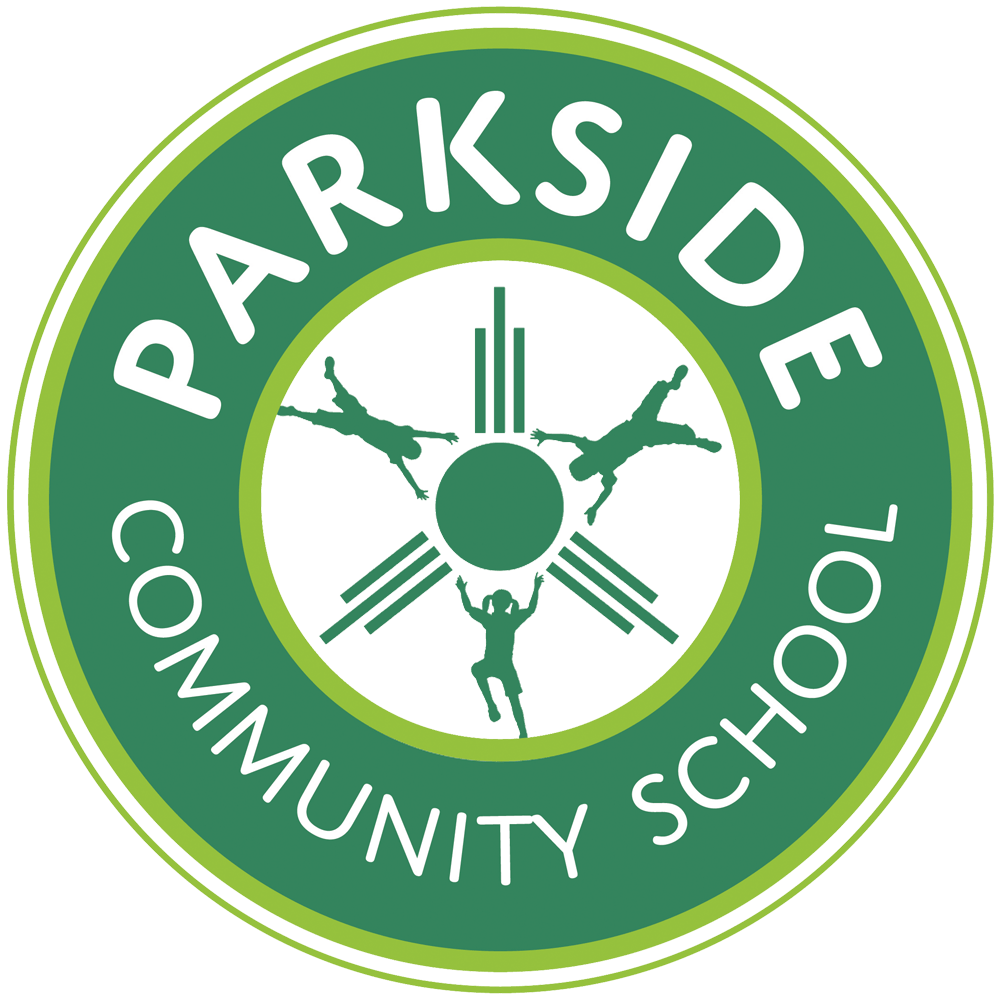About Montessori
Montessori education offers a unique experience designed to help each child maximize their potential academically, socially, and emotionally. We do this in an environment that is thoughtfully created to meet their unique and shared developmental needs. This includes the guidance of adults who are trained to observe and provide each child with the tools and time they need to learn, build skills, and discover their whole self.
The Montessori Method is based on these observed tendencies in children:
- to explore and manipulate objects in their environment
- to repeat an activity until movement is perfected
- to develop an inner sense of order from their existing environment
- to choose their own activities
- to adapt to their native culture by imitating activities observed in their household
- to learn, almost effortlessly, when they choose an activity in which they are truly interested
The Prepared Environment
The Montessori classroom is commonly referred to as a “prepared environment.” This term reflects the importance of creating a learning environment that reinforces the child’s innate interests, independence, and intellectual development. The arrangement of the classroom is a literal expression of this child-centered approach as the guide is not the focal point upon which the children are solely dependent for information and activity. Instead, one immediately notices the beautiful materials and natural lighting, low shelves that allow the children to easily access their work, and areas for working alone or in a group, on the floor or in a chair.
A unique and critical part of this prepared environment is the use of specially-made Montessori materials. Based on her observations and study of children, Dr. Montessori noted that most children do not learn from memorizing what they hear from their guides or read in a book, but from concrete experience and direct interaction with their environment. Thus, Montessori didactic materials and manipulatives are designed to develop concrete understanding of abstract concepts in every area of the curriculum and encourage independent learning through repetition and eventually, mastery.
Montessori classrooms are designed to encompass a three-year age span, allowing younger children to learn from older role models and older children gain self-confidence and leadership skills by helping their younger classmates. Working in one class for three years, children are able to develop a strong sense of community with their classmates and guides. The overall "homey" atmosphere adds to this feeling as well.
Curriculum
The Montessori curriculum is organized into a mosaic of integrated studies, in contrast with the traditional model in which the curriculum is compartmentalized into separate subjects that are treated discretely. The overall course of study implements a thematic approach that ties the various disciplines of the curriculum together into studies of the physical universe, the natural world, and the human experience. The guides are trained to respect each child’s unique potential and connect them with the lesson best suited to them at that precise moment of development. Thus, your child will be challenged according to their own ability and not a generic standard.
Our curriculum includes language arts (reading, grammar, spelling, creative writing), mathematics and geometry, practical life skills, geography, history, science, art, music, dance, and physical education. We also have weekly gatherings to celebrate community and creative self-expression, and ample time is also given to run, explore, and play with friends outdoors.
Central to each program is ongoing formative assessment. Guides sit beside children while they work and otherwise observe them daily, gathering and recording data as they go. The three period lesson, a Montessori hallmark, is specifically designed to measure understanding and mastery during teaching, and all of this valuable information offers guides the ability to target areas in which a child may need more challenge or support. Utilizing formative assessments each day allows teaching and learning to be adjusted in the moment, so each child is getting exactly what they need, when they need it.
Principles of the Montessori Method*
- It can be applied universally. Children benefit from this method regardless of their racial, cultural, or economic backgrounds.
- It reveals the child as a lover of intellectual work, spontaneously chosen and carried out with profound joy.
- It is based on a child’s need to learn by doing. The guides provide activities that correspond to each child’s stage of development. The child successfully masters the skills of each stage before they move on to the next.
- It does not try to create discipline within a child by means of rewards and punishments. Rather, it encourages the child to develop their own sense of internal discipline through their work. This discipline originates from within the child and is therefore more effective than discipline imposed from without.
- It offers the child the freedom to choose spontaneously their physical and mental tasks for the day. Nevertheless, they reach the same or even higher levels of academic achievement as children in more traditional systems.
- It is based on a deep respect for a child’s unique personality and limits the undue influence of adults. As a result, the child has the “room to grow in biological independence.” They are "allowed a large measure of liberty (not license) which forms the basis of real discipline.”
- It enables the guide to deal with each child individually in each subject, and thus serve them according to their individual requirements.
- It allows each child to work at their own pace. The children who work at a quicker pace are not held back; the children who work at slower pace are not pressured.
- It does away with competition as a motivation for learning and, “at every turn, it presents endless opportunities among the children for mutual help – which is joyfully given and gratefully received.”
- The Montessori Method develops the whole personality of the child, not merely their intellectual faculties but also their powers of deliberation, initiative, and independent choice, with their emotional complements. By living as a free member of a real social community, the child is trained in those fundamental social qualities which form the basis of good citizenship.
* Adapted and quoted from: The Montessori Method: A Revolution in Education, E. M. Standing, The Academy Library Guild, 1962.
Bottom Line
At its core, the Montessori Method is simply a way of being with children that allows each child to develop fully into the person they were destined to be. Just as you make every effort to ensure your home is loving and safe so your child feels secure and well-adjusted, we work diligently to ensure the physical environment, the staff, and the classroom community will meet your child’s needs with respect and support at each step in their educational journey.


